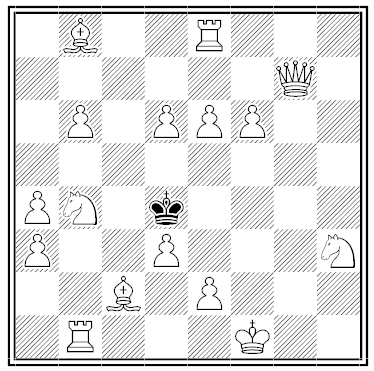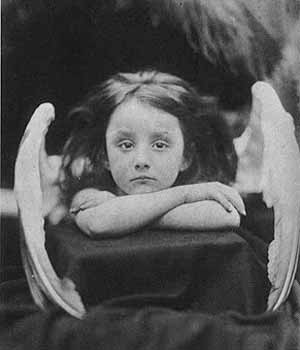At Amsterdam, in a street called the Wood Market, recently lived a man who was curious in keeping fowls. One of his hens, though in the midst of summer, had several days stopped yielding her usual produce, and yet made her usual cackling; he searched the nest, but could not find even the shell of an egg, which made him resolve to watch her closely. He accordingly, the next day, placed himself in such a situation as to be able to observe her motions minutely; when, to his great surprise, he saw her discharge her egg; but no sooner was she off the nest, than three rats made their appearance. One of them immediately laid himself on his back, whilst the others rolled the egg upon his belly, which he clasped between his legs, and held it firm; the other two laid hold of his tail, and gently dragged him out of sight. This wonderful sagacity was exhibited for several days to some curious observers.
— London Globe, quoted in The Retrospective Review, 1826





